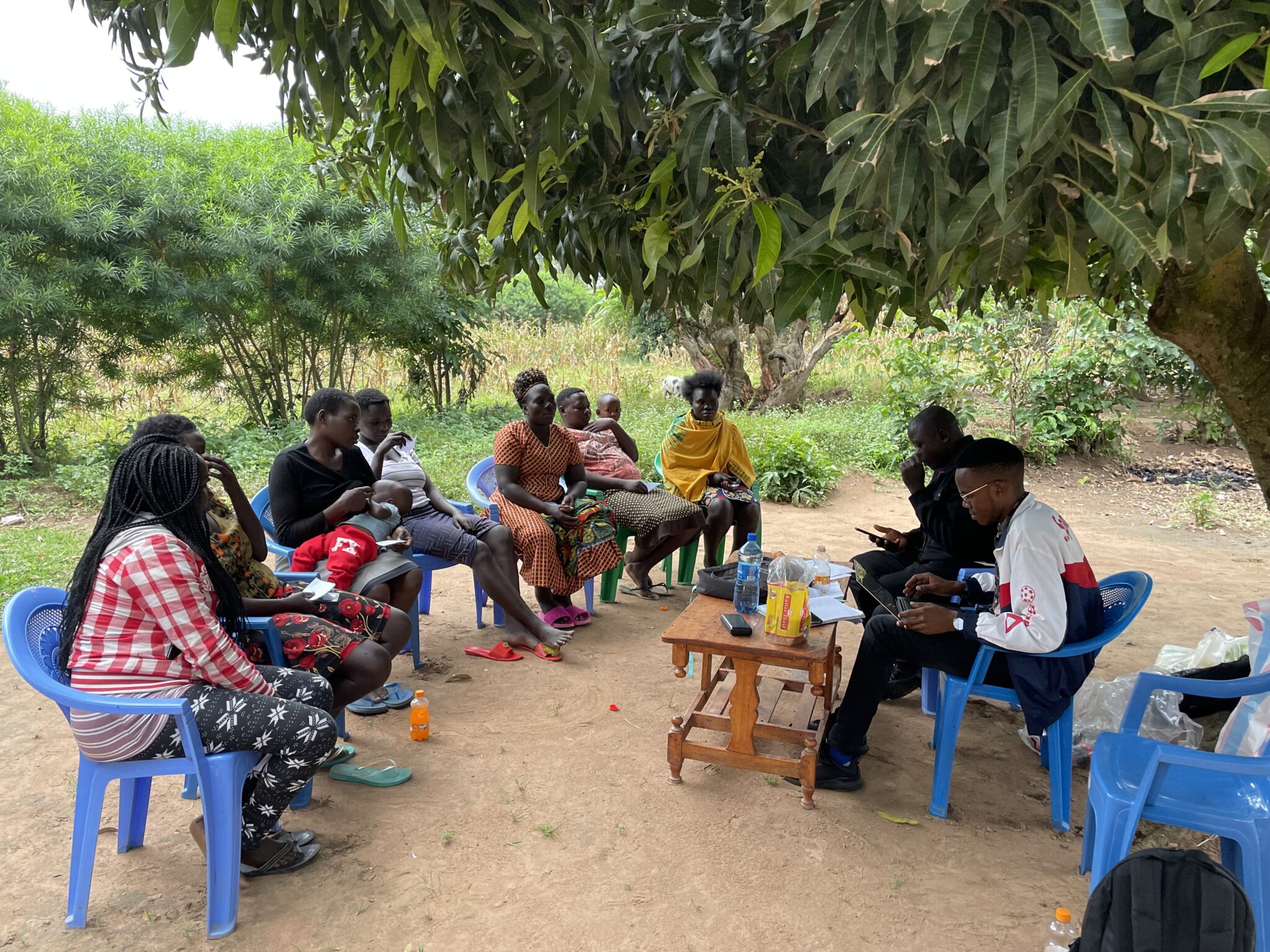Understanding the Constraints to Internal Migration

Focus Group for Scoping Work Photo credit: Gwyneth Miner
Study Context
In developing countries, the gap in the average standard of living between rural and urban households is glaringly large. For example, we see significant differences with regard to household amenities, and health metrics (Lagakos 2020). The evidence indicates that urban disamenities (crime, congestion, pollution) do not, in fact, outweigh or counterbalance the average level of poverty that we see among rural households.
These persistent, stark differences between urban and rural life beg the question: Given the potential quality of life gains to internal migration, and the fact that frictions against migration exist, what practices can alleviate these constraints and enable more migration?
Study Design
Gwyneth will use CEGA Development Economics Challenge funds to travel to rural Kenya and run focus groups with study participants in rural villages and individual interviews of migrants, to understand decision frameworks employed when making the choice to migrate or remain. Examples of the information collected include whether migration is an individual choice or a collective, household one, the extent of knowledge on employment in nearby cities, how motivated an individual would be to move if they learned of an advantageous opportunity, and what prevents them from moving. Gwyneth will also take care to look at differences across gender on the returns and decisions of internal migration, which has not yet been examined in the literature.
This information from the field will inform a future RCT that tests the constraints most critically affecting migration, such as the importance of employment information, strong networks, or stable, safe housing.
Results and Policy Lessons
During focus groups, Gwyneth learned that a primary friction to migration is the difficulty of becoming a permanent urban resident. When a temporary position in an urban market ends, individuals have limited options outside of returning to their rural “home base” removing them from access to opportunity in the city.
This insight informed future Development Economics Challenge grants where Gwyneth looks to examine the effect of conditional unemployment insurance on migrants willingness to stay in urban areas.

